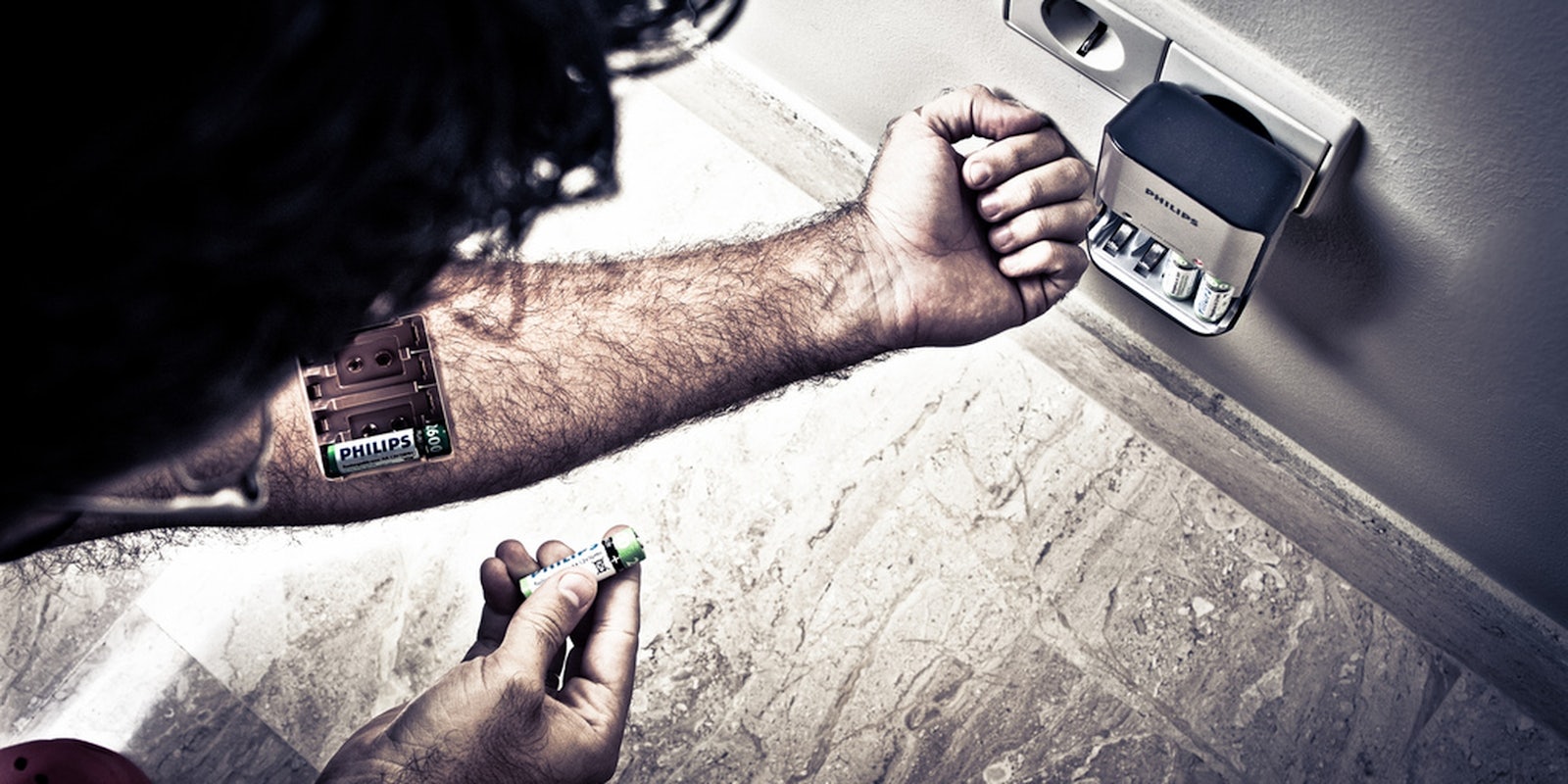Apple is coming for your body.
This has never been more evident than with Monday’s announcement of the company’s Apple Watch. As more and more details emerge about the product, what has always been clear is that the device marks not only a groundbreaking moment for Apple, but for smart watches, wearables, and how we relate to technology in general. This doesn’t mean that the Apple Watch is necessarily going to be beloved, or even particularly well-liked right off the bat, as early reviews seem to find the product flashy but not very practical.
However, a device is only as practical as it is popular. And if the Apple Watch lives up to early predictions, then we are already on the way to what could be a surreal new future.
While it may be hard to believe that Apple is capable of completely transforming our physical lives, it makes complete sense for them to try. The company is already in the business of plugging users into its ecosystem, and it’s only logical for that ecosystem to extend to our bodies.
The ecosystem is the reason people keep coming back to Apple time and again, as well as why detractors have characterized Apple as being so cultish. When CITEworld’s Matt Rosoff decided to purchase an iPhone again over the other smartphones on the market in 2013, he wrote, “In the end, it came down to Apple’s ecosystem. This is the thing that a lot of pundits writing about Apple’s inevitable decline miss: Once you’re in Apple’s ecosystem, it’s hard to leave.”
Mobiquity’s Gene Signorni echoed the sentiment following the company’s Worldwide Developers Conference last June: “Yesterday’s announcements … reinforce Apple’s strategy to capture more and more mobile-consumer interactions—and create lock-in within its ecosystem.”
This approach has garnered Apple some of the fiercest loyalty among consumers of any tech company ever, in addition to bringing them record-breaking profits. But perhaps Apple’s biggest accomplishment in regards to its ecosystem is that now, that ecosystem is as much about dominance as it is convenience. Apple doesn’t want you to keep buying its products because you feel it’s easier to stay within its ecosystem, Apple wants you to buy its products because you feel it’s necessary to stay within its ecosystem.
After Apple unveiled its latest wave of products this past September, Adrianna Lee at ReadWrite argued that the company was “trying to take over your life,” declaring that Apple’s “vision represents a multi-pronged approach intended to push technologies that remain just shy of mainstream popularity into the lives of millions.” Lee wrote, “Apple believes it’s the one to do it by going out on a literal limb. And that limb is your arm. With Tuesday’s event and previous announcements, [Apple is] paving the way for an army of gadgets, software updates and services that hit upon—and, let’s not forget, monetize—almost every facet of modern life.”
Lee concludes this is “a brash push into both your hands, as well as your wallet, wrist, home, health, fitness and car, and this plan is fraught with challenges.” And indeed, she’s not wrong that the risk is there. Google Glass’s attempts to integrate the technological with the physical have produced mixed results at best. (Don’t expect Google to just back down from the wearables market altogether; it’s been developing wearables to invade your body years before we knew about the Apple Watch.)
Apple’s advantage in the category is that that it has a history of legitimizing products which were only niche items before it got its hands on them. While Apple is gambling on the Apple Watch, don’t be surprised if its push into wearables denotes a powerful sea change in the manner and frequency with which we use this technology.
As for how we should feel about this? For the moment, it’s hard to say. There are certainly benefits: The rise of wearables, from the sublime to the ridiculous, could lead to significant advances in the health and fitness fields, maybe even making us more aware of how our own bodies work than ever before. That said, colonizing our bodies is not the same thing as automatically improving them. It’s already been proven that technology can have an insidious effect on not only our mental, but our physical state; imagine what that’ll mean when technology itself becomes a part of that physical state.
Above all else, though, the most troubling aspect of wearables is that they continue to blur the line where technology stops and we begin. Because whether you believe that a Kurzweilian singularity is likely or not, we all rely on our machines so much at this point that it’s hard for most of us not to feel like we couldn’t function without them, and therefore, that they are already a part of us.
While this might feel like futuristic scaremongering, widening its ecosystem to include our bodies will, in theory, put Apple on the cutting edge of technology. Does that sound like science fiction? Absolutely. But can Apple pull it off? Of course, but the absolute worst thing that could occur here would be for technology to take over our bodies slowly, methodically, and without us even realizing it. The future is only scary if you’re not prepared for it.
The Apple Watch represents the beginning of a colonization of our bodies by technology. It’s a lot to give up, but technology always requires sacrifices. It’s up to us to decide if that sacrifice is worth it.
Photo via anieto2k/Flickr (CC BY 2.0)


